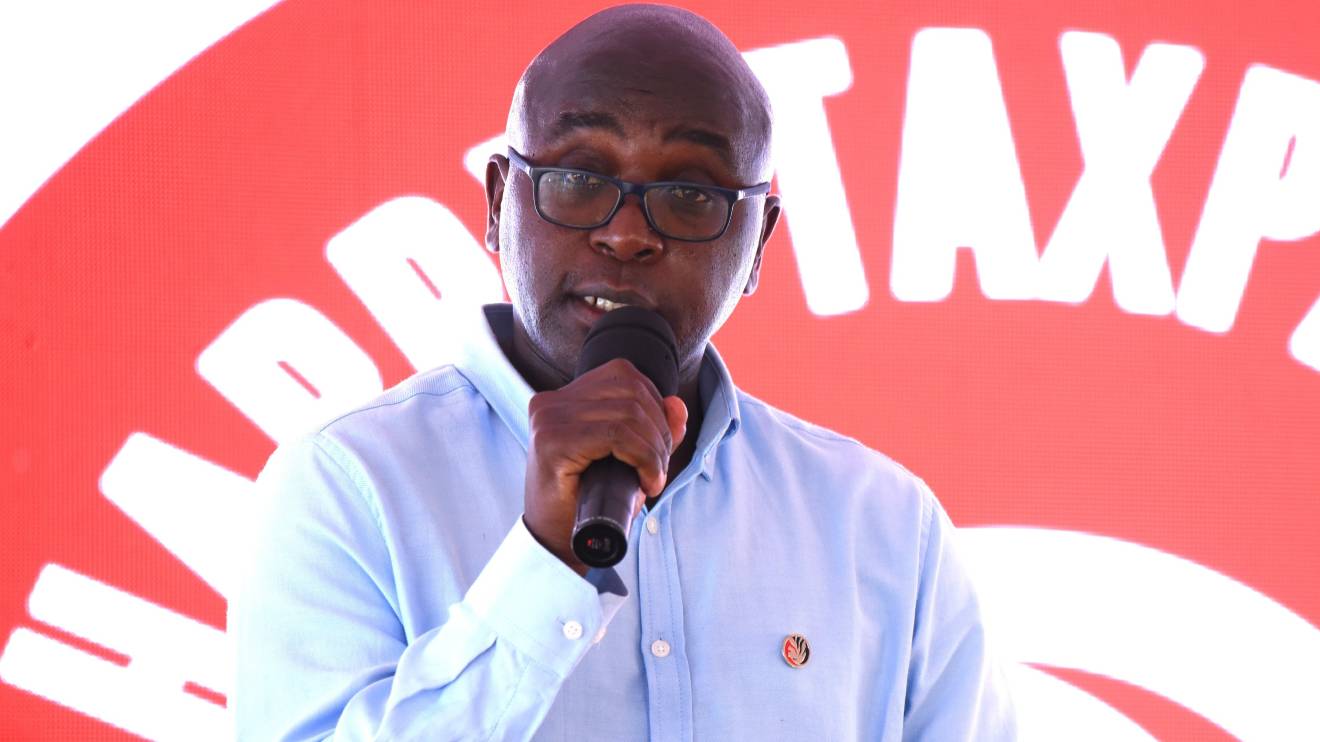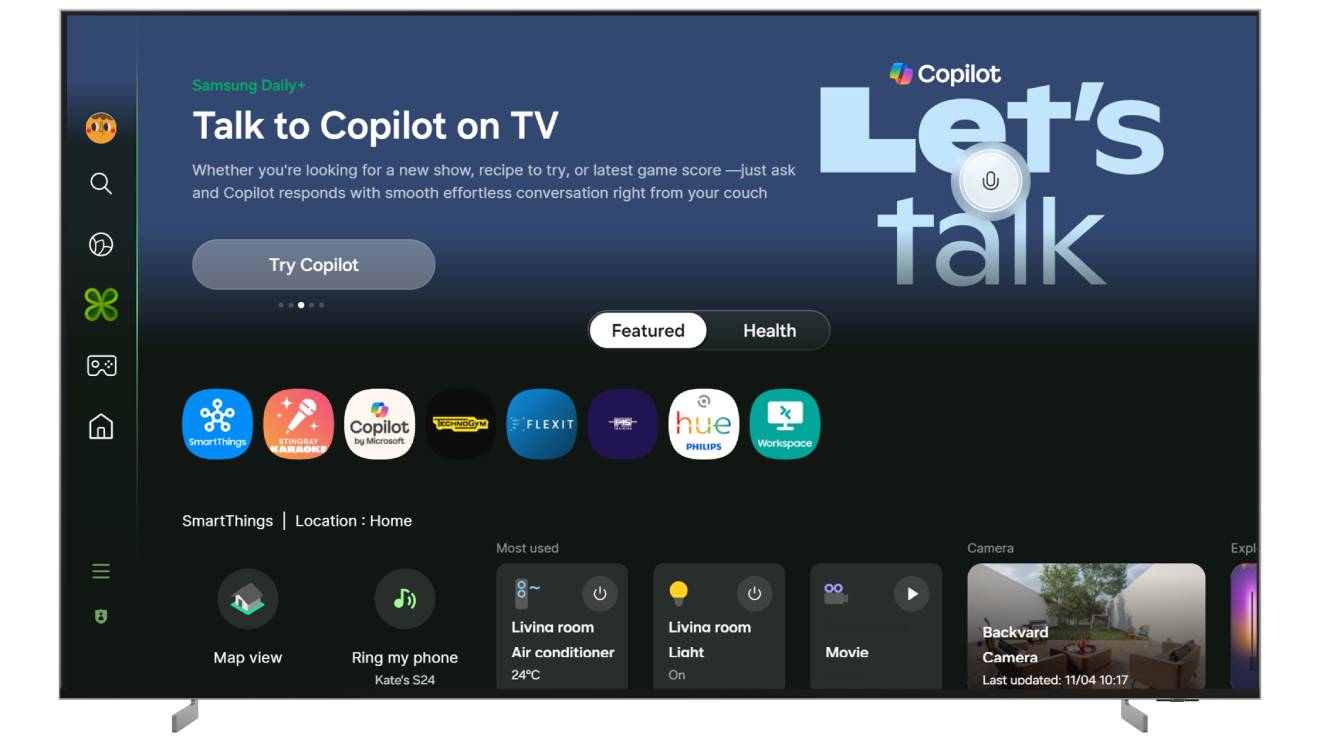Human Mobile Devices (HMD) has stepped up efforts to protect Kenyan consumers from counterfeit mobile phones, offering crucial insights on how to verify authenticity when making purchases.
With the proliferation of fake handsets, HMD is reinforcing its commitment to ensuring customers access high-quality, secure devices that enhance communication without exposing users to risks.
According to the Communications Authority, an estimated 30 to 40 per cent of mobile phones in Kenya are counterfeit, primarily distributed through informal channels such as street vendors and unlicensed dealers.
These fake phones pose security threats, making it easier for criminals to breach personal data.
HMD Senior Business Manager for East Africa, Gopher Ogembo, said the company wants customers to experience the full benefits of genuine mobile devices.
Read More
"At HMD, we want our customers to experience the true value of genuine, high-quality devices that enhance human interactions," Ogembo said.
"As part of our consumer awareness initiatives for example, our Nokia 105 phones come with a signature authenticity sticker that acts as a warranty in case of any issues."
HMD, which reintroduced Nokia phones in 2016, also produces HMD Pulse, HMD Skyline, and HMD Fusion smartphones.
The company advises consumers to take precautions, including purchasing devices from authorised retailers, checking the phone’s IMEI number by dialling *#06# and verifying it on the manufacturer’s official website, as well as inspecting packaging for professional sealing.
Ogembo added that HMD is working closely with authorities to curb the spread of fake phones.
“As HMD we are actively collaborating with local authorities, customs officials, and retail partners to prevent counterfeit phones from entering the supply chain,” he said.
With counterfeit phones continuing to flood the market, the push for greater consumer awareness could play a crucial role in safeguarding buyers from substandard and potentially harmful devices.

-1740484775.jpeg)
-1756474472.jpg)
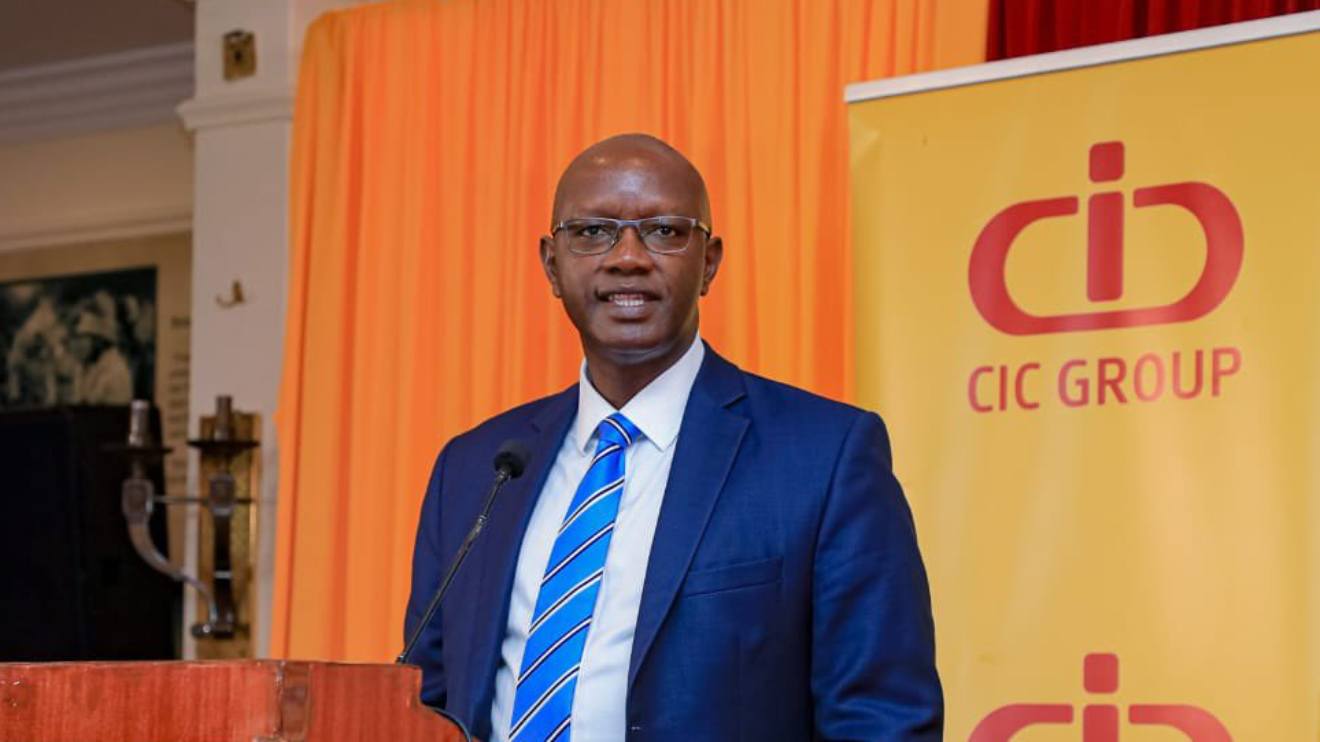
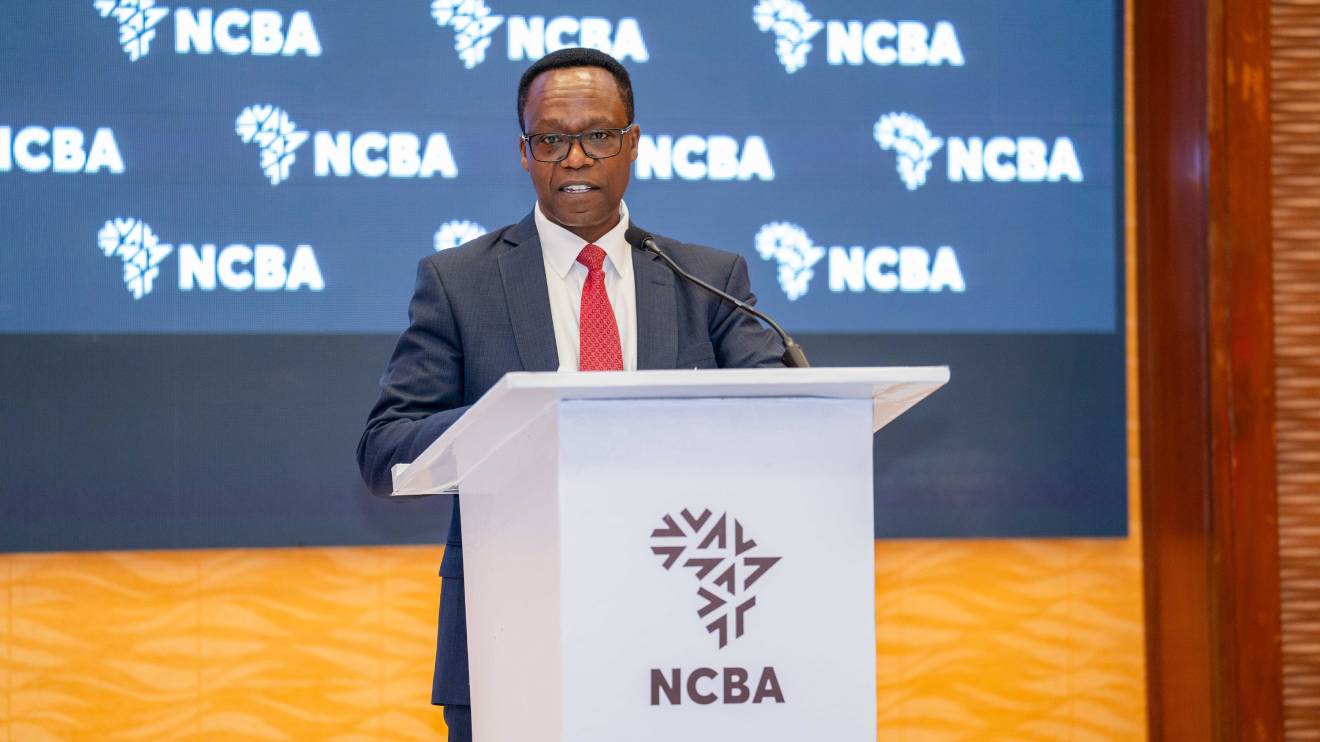
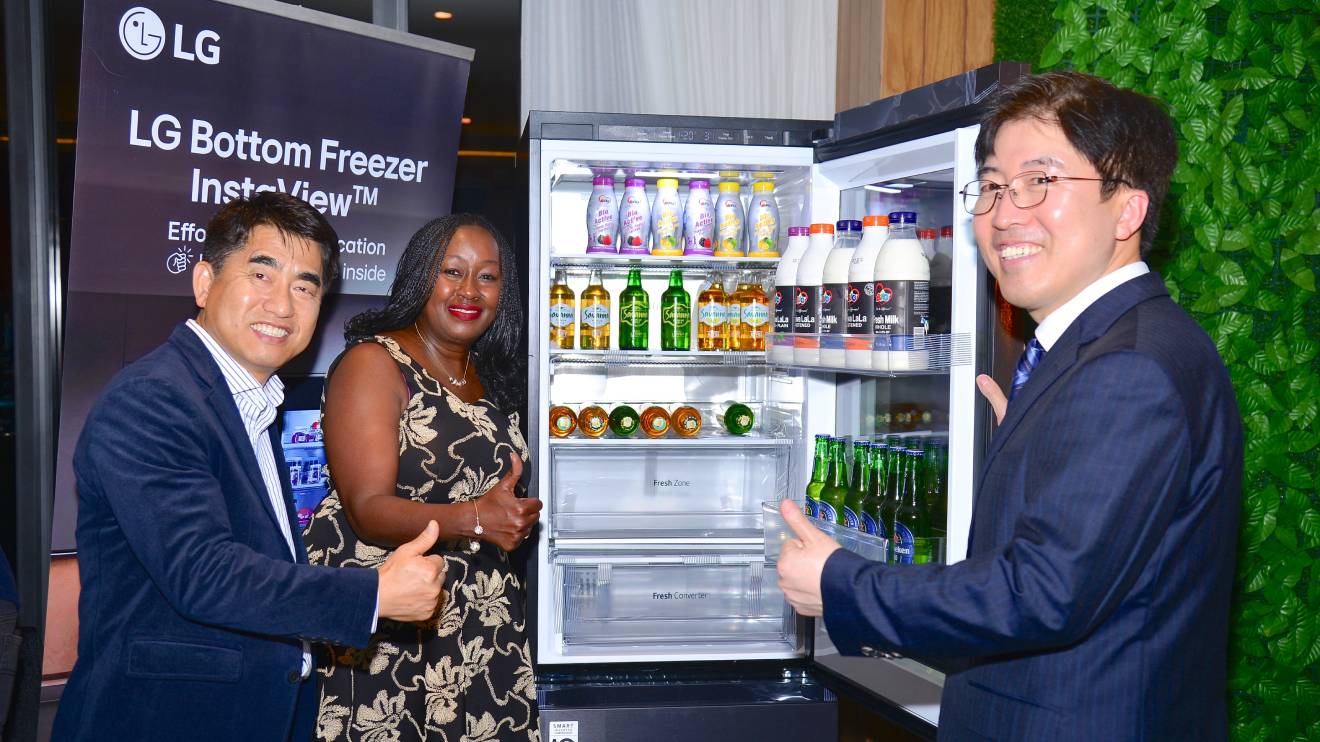
-1753733469.jpeg)
